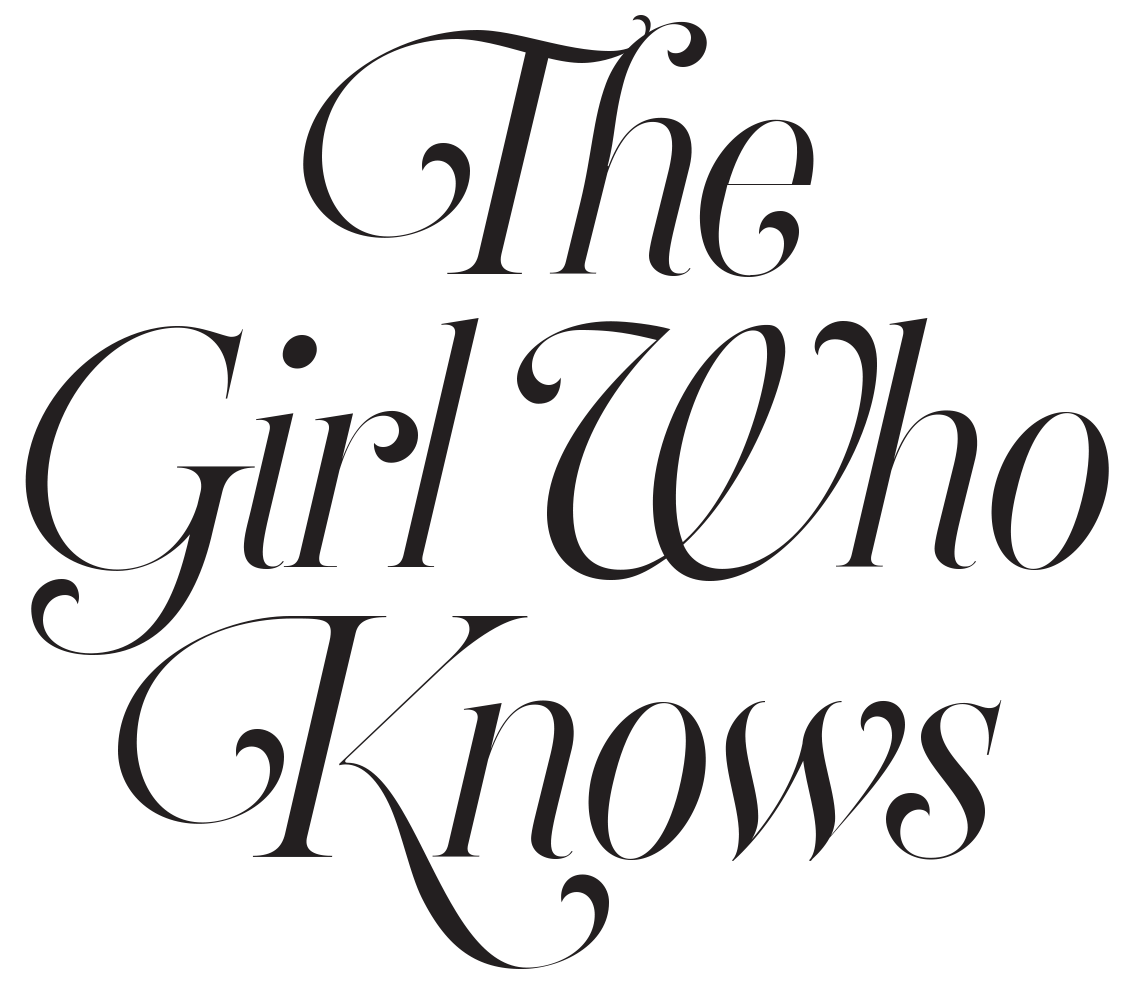You’re familiar with the old statement, “sticks and stones may break my bones but words can never hurt me”? I’ve always been equal parts amazed and amused by this. Because if you’ve lived any sort of life at all, you know the power of words and that they stick with a person long after something has been said.
As a survivor of domestic violence – verbal, emotional, and psychological, I am all too familiar with the damage words can inflict on a person. Damage that takes years of hard, relentless work to undo. And in my story, in addition to the primary abuse, was the secondary abuse from some family members, friends, counselors, and pastors when I desperately reached out for help and protection. Words like, “all men do that” or “what did you do to provoke him?” or “you always have to have the last word,” or “you should be more submissive and obedient,” or “I won’t speak to you unless you reconcile with your husband,” did more damage to me than all the abuse from my husband.
The primary abuse of the domestic violence and the secondary abuse of my surrounding community caused me to experience Double Abuse. This Double Abuse engendered so much additional trauma in my life, that it has taken nearly five years of hard work to heal and trust again.
Sticks and stones will break your bones; words will break your psyche.
Kindness MATTERS. It is a powerful force that can mend so much wrong. The kindness of people who encouraged me through the difficult moments, believed me, and protected me – they mended all the broken pieces of my life with new threads of love.
The compassion of those who chose empathy rather than judgment literally saved my life. And I am living proof that if we can learn to respond to people who are broken with compassion rather than condemnation, we can do so much to restore lives rather than to break them down.
At The MEND Project, that is what we do every day. We educate, equip, and restore those impacted by domestic violence and Double Abuse so they can become whole again.
We have developed a Healing Model of Compassion to teach people how to respond to victims of abuse so that they do not cause additional harm and trauma. I’d love to share our model with you today.
If you have a friend or family member who has been abused in some way, just by communicating with them using the following model as a guideline, you will contribute so much to their healing. Learn to respond in kindness over and over and over again. They need it. More than you can know.
The Healing Model of Compassion
- Listen: with closed mouth over and over
Don’t Assume you know better or place expectations
- Accept: believe the experience to be true
Don’t Instruct or Interrogate
- Empathize: put yourself in her shoes
Don’t reject or criticize personal choice
- Validate: mirror back what you understand
Don’t undermine or oppose
- Identify: Find your parallel experience without shifting the focus
Don’t deny voice or personhood
- Encourage: Offer support on her path
Don’t shun, place conditions or ask others to join in Double Abuse
One of my favorite quotes is from trauma expert, Judith Herman. It speaks to the power of connection in communication. In her incredible work, Trauma and Recovery, she says,
“Traumatic events destroy the sustaining bonds between individual and community. Those who have survived learn that their sense of self, of work, of humanity, depends upon a feeling of connection to others. The solidarity of a group provides the strongest protection against terror and despair, and the strongest antidote to the traumatic experience. Trauma isolates; the group recreates a sense of belonging. Trauma shames and stigmatizes; the group bears witness and affirms. Trauma degrades the victim; the group exalts her. Trauma dehumanizes the victim; the group restores her humanity.”
Let’s invest in the power of kindness today. It just might save a life. Please check out The MEND Project if you or someone you know is a victim of abuse and needs help.
xo,
Johanna


